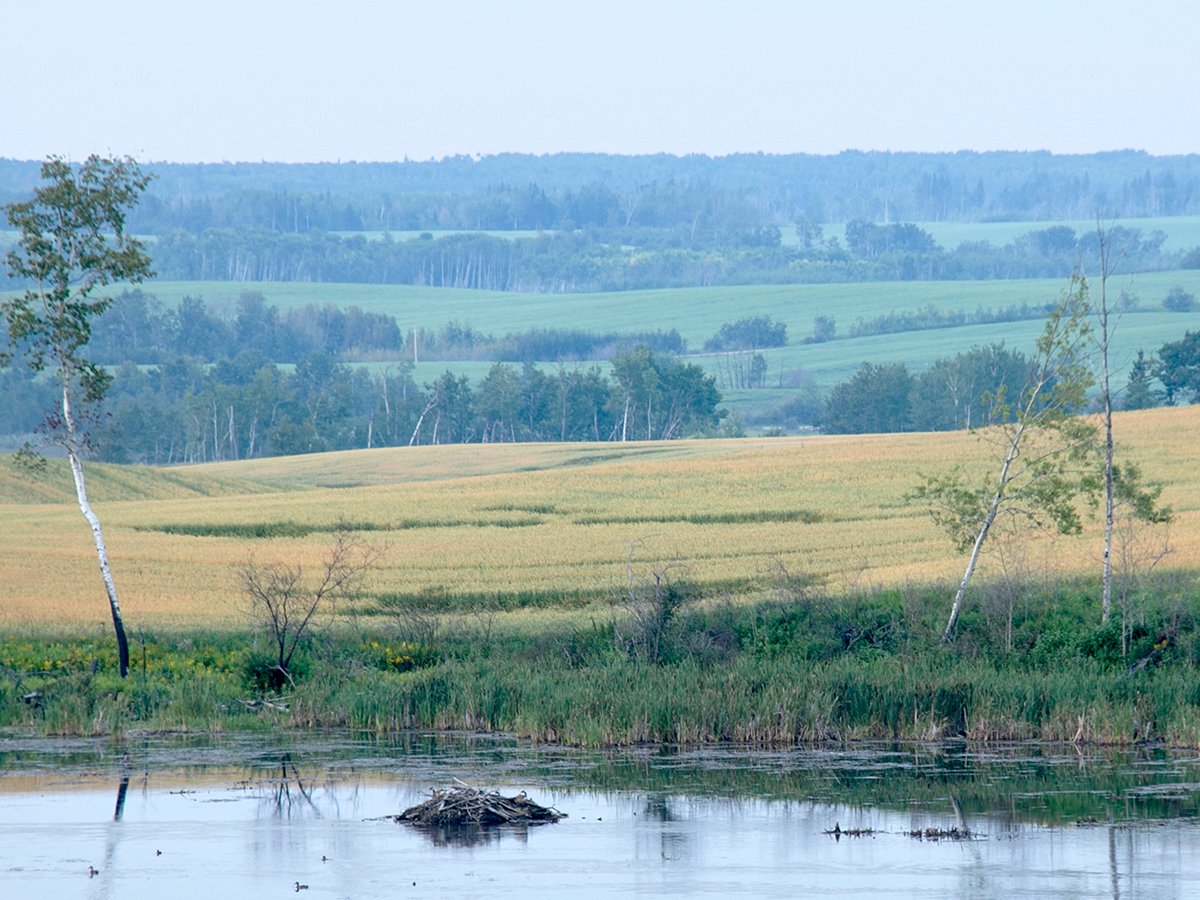Q: Last week, one of our son’s classmates died in an unusual accident on the farm. Our son was devastated, as was everyone in his class. The school brought in counsellors to work with the children and that was good, but the counsellors left before the parents had a chance to meet with them. In some ways, we are just as confused as the children. How do we help our son?
A: Through the accident, your son lost more than a friend. He has lost innocence. He can no longer trust that the world is a safe place for him or anyone else.
Read Also

Intergenerational rollover rules can help succession plans
One of the most significant concerns in succession planning for farmers is the tax bill that can come with passing the farm to the next generation.
As heartbreaking as it is to watch children grieving the loss of a friend, it is also interesting. Young people tend to be more natural than their parents when they are grieving.
Children grieve in spurts. They can be devastated for a few moments, caught up in intense despair, and then suddenly, return to their toys and having fun.
Children fool parents and teachers into believing that they have resolved their anguish but they haven’t. Just as suddenly, they will drop back into despondency, crying and weeping again.
They can cycle back and forth between despondency and joyfulness a number of times.
The only difference is that the time between the two emotional peaks gets a little longer with each cycle until they disappear.
My guess is that all of us, not just children, cycle through difficult times when someone important to us dies.
The difference between adults and children is that children allow themselves those few moments of reprieve from their despair. Adults do not, so they expect to be distraught most of the time.
Your most demanding task as parents is to deal with the loss of innocence your son is confronting. Parents often try to appease their grieving children by slacking off their routines and expectations, but that makes matters worse.
Children need to know they live in a world that is secure. They get that sense when Mom and Dad stick to their children’s usual bedtimes, insist that the kids do their chores and make sure everyone is at the table at supper.
Structures make the world safe for children, and the more the children can predict what is happening to their lives, the better they will deal with unforeseen tragedies.
The simple formula for parents is to love the child, give him lots of hugs and listen carefully to what he has to say about what has happened to his classmate.
Jacklin Andrews is a family counsellor +from Saskatchewan. Contact: jandrews@producer.com.














